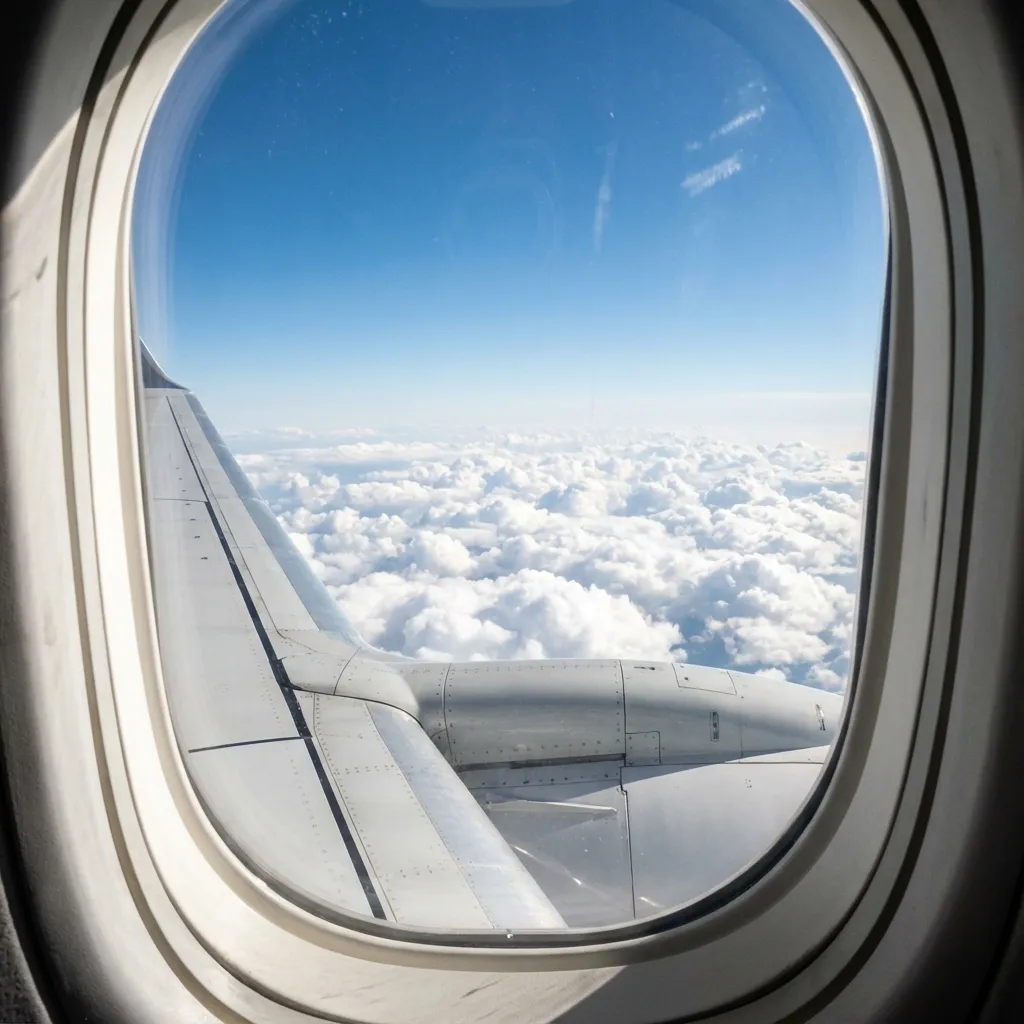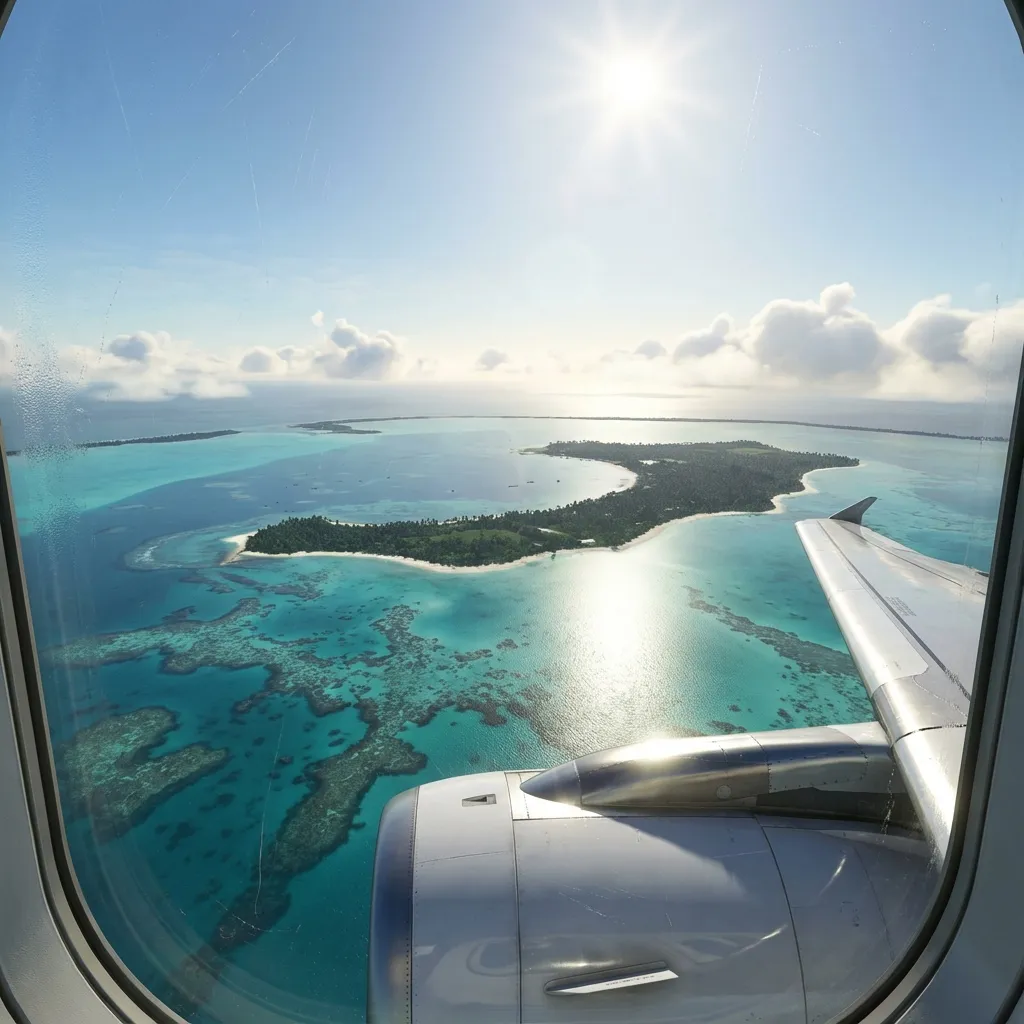The Secured Card System: Your Bridge to a Better Credit Score
Let’s be direct: if you’re reading this, you likely have a limited credit history or have made mistakes in the past. That’s okay. A secured credit card is not a penalty box; it’s the most effective tool for building a stable bridge back to financial health. As an IT manager, I think of it as deploying a temporary server to handle a critical task. It’s not meant to be permanent, but it’s essential for getting the job done right the first time.
The function of a secured card is simple: to prove to lenders that you can handle credit responsibly. It’s a low-risk proposition for the bank because you provide a refundable cash deposit, which they hold as collateral. In return, they give you a credit line, usually equal to your deposit. You use it like a regular credit card, and the bank reports your payment activity to the credit bureaus. After 6-12 months of consistent, on-time payments, your credit score will improve, and you can graduate to better, unsecured cards. This guide will provide a systematic framework for choosing and using the best secured credit card for your specific situation. This comparison is based on an analysis of over 25 secured card offers, focusing on fees, upgrade paths, and reporting practices as of Q3 2025.
Full Comparison of Top Secured Card Systems
Choosing a secured card isn’t just about picking one product; it’s about choosing a system that aligns with your financial situation and goals. I’ve broken down the market into three primary systems. Your first task is to identify which system is the right fit for you.
| Card / System | Key Specs or Features | Pros | Cons | Best For |
|---|---|---|---|---|
| Discover it® Secured | $200 min deposit. 2% cash back on gas/dining. Automatic graduation reviews start at 7 months. | Excellent rewards, clear upgrade path, no annual fee, first-year cash back match. | High variable APR, requires a bank account for the deposit. | The vast majority of users who want the best overall value and a long-term banking relationship. |
| Capital One Platinum Secured | $49, $99, or $200 min deposit for a $200 credit line. Auto-reviews for credit line increases. | Lowest barrier to entry, no annual fee, reports to all 3 bureaus. | No rewards, very high variable APR. | Users who are cash-constrained but want to start building credit immediately. |
| U.S. Bank Cash+® Secured | $300 min deposit. 5% cash back in two chosen categories. | Highest rewards rate in the secured card market, no annual fee, clear graduation path. | $300 minimum deposit is higher than some, very high variable APR makes carrying a balance costly. | Disciplined users who will pay in full every month and can maximize the 5% categories. |
| DCU Visa® Platinum Secured | $500 min deposit. Variable APR is often 10-15% lower than competitors. | Excellent low interest rate, no annual fee, no foreign transaction fee. | Requires credit union membership, higher minimum deposit, no rewards. | Anyone who anticipates they might carry a balance from month to month. |
| Chime Credit Builder Visa® | No minimum deposit. Spending limit is the money you move to the account. No credit check. | No interest, no annual fee, helps avoid debt by using your own money, guaranteed approval. | Not a true credit line (can’t spend more than you have), no rewards. | Users who want a simple, no-fee tool that automates on-time payments and removes the risk of debt. |
| OpenSky® Secured Visa® | $200 min deposit. No credit check for approval. | Guaranteed approval if you meet identity requirements. A crucial lifeline for some. | Has a $35 annual fee, no upgrade path (must close the account to get deposit back). | Users with a recent bankruptcy or very poor credit who can’t get approved elsewhere. |
The “user experience” for each system is fundamentally different. The Discover card feels like a real credit card from day one, with a rewards app, a clear goal, and customer service. The OpenSky card is purely functional; it’s a tool to get payment history on your file, and that’s it. You use it until your score is high enough to get a better card, then you close it. Many people are drawn to the “no credit check” cards out of fear of rejection. I strongly advise you to apply for a Discover or Capital One card first. A single hard inquiry is a small price to pay for a chance at a much better long-term product.
In-Depth Review of the Top Secured Cards for 2025
Let’s move beyond the comparison table and do a deep dive into the cards that represent the best options within each system. Understanding the specific features and trade-offs is crucial to making the right choice.
Best Overall: Discover it® Secured
This is the card I recommend to almost everyone starting their credit journey. It operates like a premium product in the secured card space, refusing to treat you like a subprime customer. It’s one of the few that offers real, valuable rewards: 2% cash back at gas stations and restaurants (on up to $1,000 in combined purchases each quarter) and 1% on everything else. The true power, however, is the first-year Cashback Match, which doubles everything you earn. A user spending $500 a month in those bonus categories could earn $120 back, which Discover would match to $240 in the first year. This card literally pays you to rebuild your credit.
Crucially, Discover has the most transparent graduation system in the industry. They automatically begin reviewing your account history at the seven-month mark. If you’ve demonstrated responsible use (consistent, on-time payments and low balances), they will graduate you to an unsecured Discover it® card and refund your security deposit. This seamless path is the most important feature, as it allows you to build a long-term relationship with a major issuer without having to close your oldest credit account. For a beginner, this is the gold standard.
Best for a Low Initial Deposit: Capital One Platinum Secured
If the standard $200 deposit is a barrier to entry, this card is your best option. It is engineered to be accessible. Depending on your credit profile, eligible applicants can get a full $200 credit line for a deposit as low as $49 or $99. This is a game-changer for those on a tight budget who need to start their credit journey now.
While this card has no rewards, its value is in its accessibility and its clear upgrade path. Capital One is known for automatically reviewing accounts for credit line increases, sometimes in as little as six months. After a period of responsible use, you can become eligible to graduate to an unsecured card like the Platinum or Quicksilver. It’s a no-frills, effective tool for getting your foot in the door with a major bank.
Best for Low Interest Rate: DCU Visa® Platinum Secured
If you anticipate that you might need to carry a balance from month to month, a low APR is critical. Most secured cards have punishingly high interest rates that can trap you in a cycle of debt. This card from Digital Federal Credit Union is the exception. Its variable APR is often 10-15% lower than its competitors, which can translate into significant savings. A lower APR can save you hundreds of dollars in interest charges over a year if you carry a balance, making it a much safer financial tool for those who need flexibility.
The trade-offs are that you have to become a credit union member (which is easier than it sounds, often just requiring a small donation to a partner charity) and the minimum deposit is higher at $500. However, for anyone who needs a safety net against high interest, the extra steps are absolutely worth it. It also has no annual fee and no foreign transaction fee, making it a surprisingly robust card.
Best for Guaranteed Approval (No Credit Check): OpenSky® Secured Visa®
This card serves a critical function for a specific group of people: those who cannot get approved for a mainstream secured card due to a recent bankruptcy, a very low credit score, or a lack of a Social Security Number (it accepts an ITIN). OpenSky does not run a credit check at all. If you can verify your identity and fund the $200 minimum deposit, you will be approved.
This is a purely functional tool. It reports to all three credit bureaus, which is its primary job. However, it has a $35 annual fee and, most importantly, no graduation path. Think of this card as a temporary, 12-month contract. You use it to establish a year of perfect payment history, then you apply for a better, no-fee card from Discover or Capital One. Once approved for the new card, you close the OpenSky account and get your deposit back. It’s a stepping stone, nothing more.
The 12-Month Playbook: A System for Using Your Secured Card
Getting the card is just the first step. Using it correctly is what actually builds your credit. Here is my step-by-step system for your first year.
Month 1: Setup for Success
The day you receive your card, do two things immediately. First, set up automatic payments to pay the full statement balance each month from your bank account. This is the single most important action you can take to guarantee on-time payments. Second, charge one small, recurring bill to the card, like a streaming service or a small utility bill. My system is to use a $10/month subscription like Netflix or Spotify. This ensures the card has activity reported to the bureaus each month. After that, put the physical card away in a drawer. Do not use it for daily spending.
Months 2-6: The “Boring” Phase
Do nothing. Let your autopay system work. Your goal here is to establish a flawless record of on-time payments while keeping your credit utilization ratio as low as possible. Utilization is the percentage of your credit limit that you use, and it’s a major factor in your credit score. By only charging $10 on a $200 limit card, your utilization is just 5%, which is excellent. Keeping utilization below 10%, ideally even below 5%, is the target for rapidly improving a credit score.
Month 7: The Review Period
If you have a card from Discover, Capital One, or another major bank, this is when they will likely begin automatically reviewing your account for graduation. You don’t need to do anything. Continue your system of on-time payments. You can monitor your credit score for free through the card’s app to track your progress.
Month 12: Graduation and Next Steps
By the one-year mark, if you have followed the system, two things should have happened: your credit score should be significantly higher, and your card issuer should have either graduated you to an unsecured card or you will be in a strong position to apply for one. If you’ve been graduated, your deposit will be refunded, and you’ll now have a regular credit card. If not, now is the time to apply for a top-tier, no-annual-fee card. Once approved, you can close your secured card account (if it has an annual fee) and get your deposit back.
Realistic Math Examples
Highest Value Scenario: Discover it® Secured Rewards
- Reference cost: $0 (No Annual Fee)
- Inputs or effort: Spend $1,000/quarter on gas/dining ($4,000/year) and $4,000 on other purchases.
- Net result: $240 in cash back the first year after the match.
This card effectively pays you to rebuild your credit. No other secured card offers this level of return. For more on how rewards work, see the official Discover it Secured page.
Common Case: Interest Cost Savings
Imagine you carry a $500 balance for a year. On a card with a 28% APR, you’d pay about $140 in interest. On the DCU card with a 15.75% APR, you’d pay about $79. That’s a $61 savings, which is more than the annual fee on many secured cards. This demonstrates the power of a lower APR.
Edge Case: The “Fee Harvester” Trap
Some subprime-focused secured cards are designed to extract fees. A card might advertise a low $25 annual fee, but the fine print reveals a hidden $5 monthly maintenance fee, a $10 application fee, and a $5 credit limit increase fee. This adds up to $95 in the first year. Always read the fine print and terms and conditions. The total cost of ownership is what matters.
Gotchas You Shouldn’t Ignore
- High Interest Rates are the Norm: Most secured cards have APRs over 25%. They are not designed for carrying debt. You have to treat your secured card like a debit card. Only charge what you can pay off in full and on time. This avoids interest and demonstrates financial responsibility.] If you are dealing with high-interest debt on other cards, a secured card is not the tool for that. Instead, you should explore a balance transfer. You can use our credit card balance transfer calculator to see how much you could save.
- Lack of an Upgrade Path: This is a critical failure point. Some issuers (like OpenSky and First Progress) do not offer a path to an unsecured card. This means you eventually have to close the account to get your deposit back. Closing your oldest credit account can temporarily lower your credit score by reducing the average age of your accounts, which is counterproductive. Choosing a card with a clear graduation path is a far superior long-term strategy.
- Hidden Fees and “Fee Harvesters”: Be wary of cards that charge application fees, monthly “maintenance” fees, or fees for credit limit increases on top of an annual fee.
- Slow Deposit Refunds: While your deposit is refundable, “refundable” doesn’t mean “instant.” After closing a secured account, it can take some time to get your deposit back. You might even have to call the issuer.
How We Picked
The cards in this guide were chosen based on a system that prioritizes the core goal: building credit efficiently and affordably. I analyzed over 25 secured cards, scoring them on three critical criteria: 1) Must report to all 3 credit bureaus (Equifax, Experian, TransUnion), 2) Must have a low or no annual fee with no hidden monthly fees, and 3) Must have a clear, documented graduation path to an unsecured card. Cards that failed any of these criteria were eliminated. For more on how credit scores are calculated, see the official guide from myFICO.
What This Means for You
The best secured credit card is the one that provides a clear, low-cost path to a better credit future. For most people, the best default choice is the Discover it® Secured card due to its excellent rewards, no annual fee, and automatic graduation reviews. As a strong alternative for those with very limited cash, the Capital One Platinum Secured is a fantastic starting point. The system is simple: use the card responsibly for under a year, get your deposit back, and move on to better, unsecured cards. This is not a card you keep for life; it’s a stepping stone.
FAQ
How long does it take to build credit with a secured card?
If you make on-time payments every month and keep your balance low (ideally below 10% of your credit limit), you can expect to see significant improvement in your credit score within 6 to 12 months. Many issuers, like Discover and Capital One, will automatically review your account for an upgrade within this timeframe.
Will I get my deposit back?
Yes, the security deposit is fully refundable. You get it back when you either graduate to an unsecured card or close the account in good standing (with a zero balance). It is protected by law. For more on this, see the rules from the FDIC on secured cards.
How much should I charge to my secured card each month?
The amount you spend doesn’t matter as much as your credit utilization ratio. A good system is to charge one small, recurring bill (like a $10 streaming service) to the card each month and set up autopay. This ensures an on-time payment is reported and keeps your utilization very low. For a deep dive on why this is so important, see our complete guide to the credit utilization ratio.
What’s the difference between a secured card and a prepaid card?
This is a critical distinction. A prepaid card is just a debit card that isn’t linked to a bank account; you load money onto it and spend it down. It does not involve credit and your activity is not reported to the credit bureaus, so it does nothing to build your credit score. A secured card is a real line of credit that does report to the bureaus, which is why it works for credit building.






